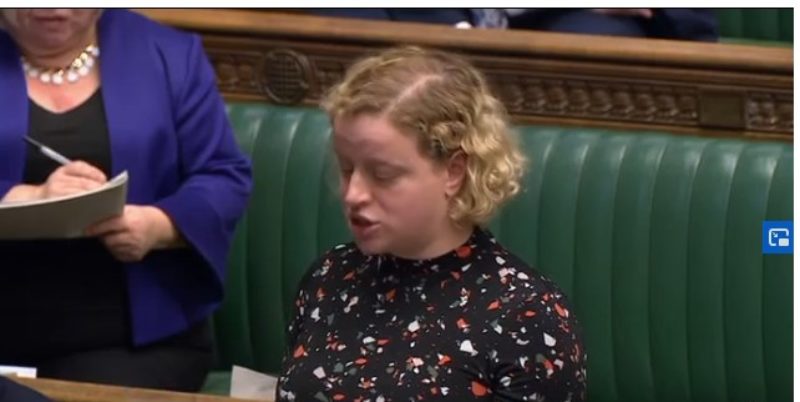
Yesterday, I voted against the Overseas Operations Bill and have consequently been stood down from my roles as Parliamentary Private Secretary for the Shadow Digital Culture Media and Sport and Shadow Scotland teams.
Throughout my political life, I have been a strong advocate for human rights, so last night’s vote was highly personal and one of conscience for me. I have also been contacted by a significant number of constituents voicing their opposition to the proposed legislation.
I understand that colleagues share many of my concerns about the Bill and I respect the position of those who feel they can amend it in committee stage. However, I think the premise of the government’s proposals are wrong and I don’t believe they can be amended to fix the fundamental flaws in the Bill, which is why I opposed the legislation at this point.
Like Liberty, Amnesty International, Human Rights Watch and a host of other human rights campaigns, I opposed the Bill because it includes a strong presumption against prosecuting military personnel for torture, war crimes and crimes against humanity, and potentially puts us on a collision course with the International Criminal Court.
It effectively grants impunity for some of the most serious crimes someone can commit, provided the offences are carried out abroad and by a member of military personnel. I believe we should hold our soldiers to the highest standards and uphold international law.
I’m deeply concerned that the proposed legislation says that a charge can only be brought within five years of the alleged offence. Often, it takes much longer than that to collate the evidence necessary to construct a case, so there is a significant danger that this legislation will be used to run down the clock on human rights abuses.
The Bill also allows politicians to interfere in the proceedings. Even where a case overcomes the heavy presumption against prosecution, the Attorney General (which is a Cabinet role and a political appointment) gets the final say on whether it goes ahead, dangerously politicising the legal process.
Importantly, too, despite government claims to defend veterans, one of the main beneficiaries of the Bill is the Ministry of Defence (MoD). The largest number of civil legal cases against the MoD are claims of negligence brought by former soldiers. The Bill makes it harder for these ex-military personnel to sue the Ministry for failure in its duty of care to them, meaning troops who develop PTSD, blindness and other conditions would be left with no recourse to justice.
Last night, I cast my vote against the government’s proposals because I believe the law should apply to everybody, equally; that the human rights of all people should be respected, regardless of whether or not they happen to be in the UK; that there is no stopwatch on justice; that the courts, not politicians, should make legal decisions; and that military personnel should have an absolute, unerodable right to bring civil claims against the MoD.
I’m sad to leave my frontbench roles, but I’ll continue to support Keir Starmer from the backbenches, represent my constituency to the best of my ability and fight for the Labour government this country desperately needs – a government which invests in our economy, stands up for climate justice, and rebuilds our public services.

